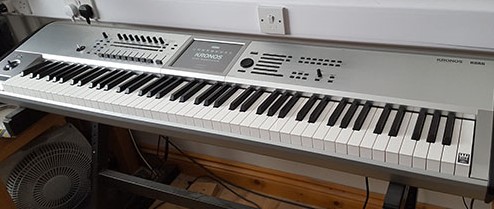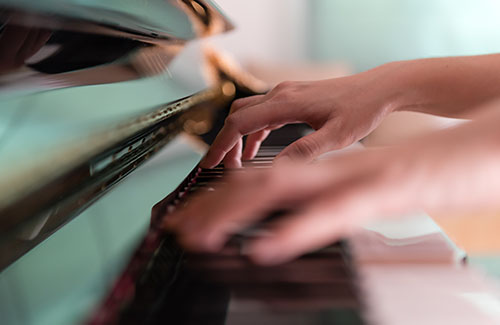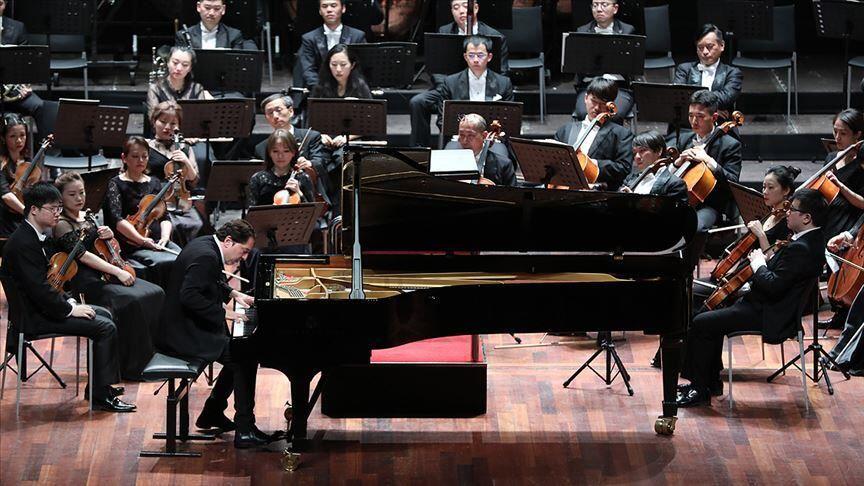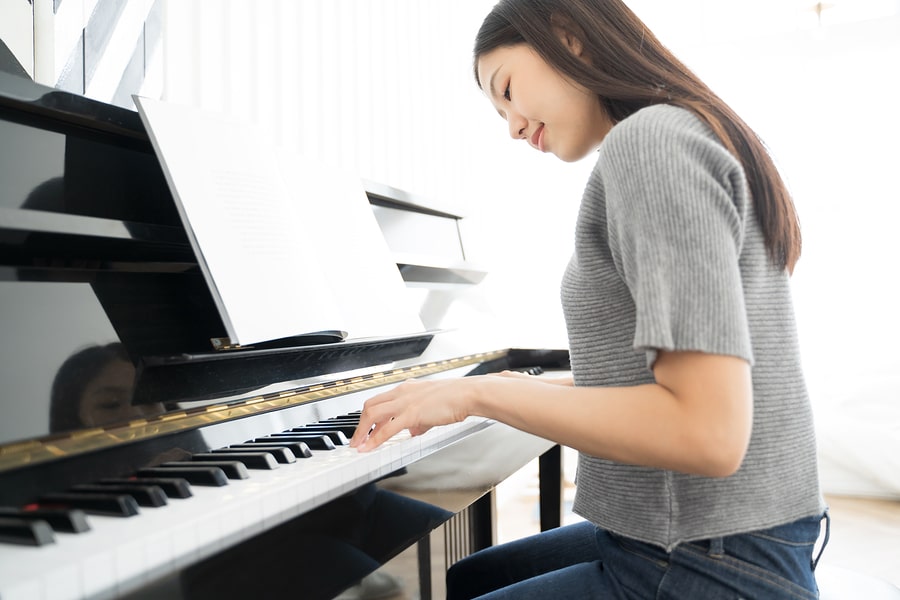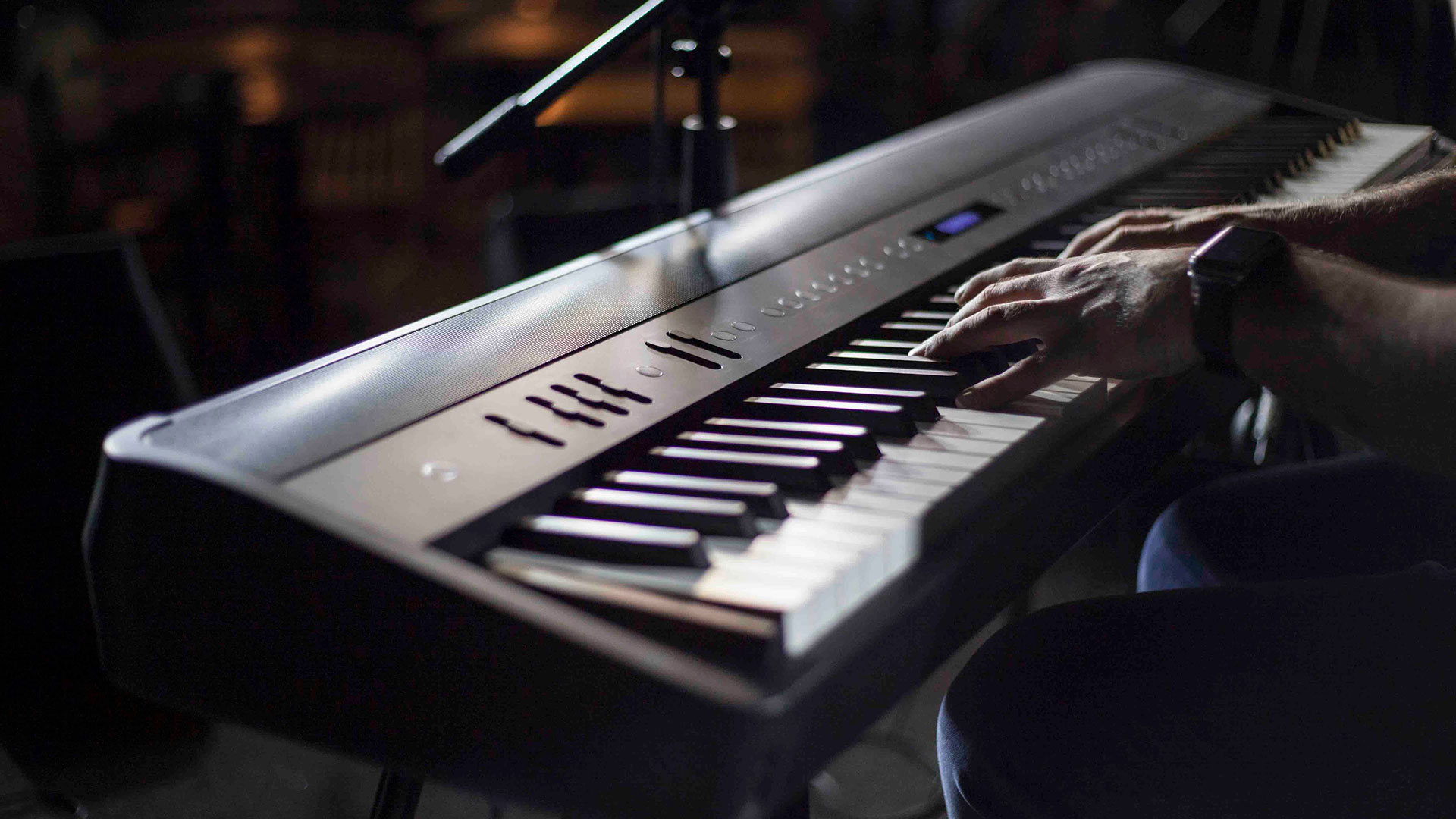


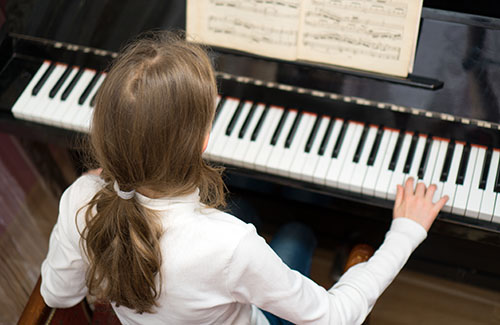
Many children reach a certain age and decide they want to learn a musical instrument. Or perhaps their school is offering some basic keyboard lessons and they have taken to the instrument – they want to learn more and that means working with a piano teacher. At first glance, this is a good thing but there are many benefits that exceed just being able to play the piano. Here are five examples.
When your child takes piano lessons in Stourbridge, West Midlands or wherever you live, you may find that they do better in school – in non-music subjects. Studies have shown that children who play a musical instrument score higher on both spatial cognitive development and standard tests. The piano has also shown to help children perform better at maths with things like ratios and fractions.
Piano tuition is something that needs the desire to begin and dedication to continue. By doing these things, children start to boost their self-esteem, feel more positive about themselves and have more confidence. Every time they learn a new song, advance in their keyboard & theory lessons or master a tricky piece, this boost grows. It also helps them with patience, learning to master something and not to be easily discouraged.
One of the reasons people are happy for kids to play computer games is that it improves their coordination – but so does playing the piano. Children who take lessons have better fine motor skills and because the piano makes both hands work independently, they have better skills at doing different things at once. Overall dexterity and ability to manage complex processes are improved due to their lessons.
Learning to play an instrument, read music and then make that into an action that creates the right note takes concentration and this is an ability with many other uses in real life. Reading and playing music has been shown to improve both creative thinking and also critical thinking and these are skills that can be applied in almost any area of life.
Children who play the piano are often found to be more well-rounded and to have benefits that outlast their time having tuition. The child may decide that they no longer want to learn the piano – which is fine. But all of those skills and qualities they have learned during their tuition will stay with them for the rest of their life. Appreciation for classical music, understanding of how to read music, a sense of rhythm, all of these things will stay with them for life.
Many studies have shown that children who learn instruments, and the piano in particular, have a lot of skills that they learn that can be applied in other ways. From boosting their school work to helping them master complex tasks or even just learning to be more patient, the skills within the skill of playing the piano can benefit them for the rest of their lives in many different ways.
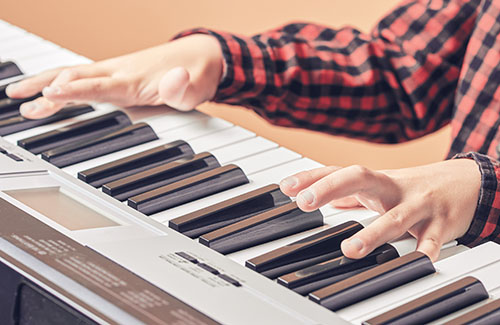
One of the things I am most proud of is that I have worked with the Associated Board Of The Royal Schools of Music for many years and have a 100% success rate with my students. But if you are new to having piano lessons in Stourbridge or have never taken keyboard lessons before, you may wonder what this is and why it is so important.
The Associated Board Of The Royal Schools of Music or ABRSM is the largest music education body in the UK, one of the largest publishers of music and the world’s top provider of music exams. It is responsible for some 650,000 assessments each year across 90 different countries. It is also a charity and helps with music education schemes around the globe.
It was founded in 1889 and has a long history but the aim has always been the same – to encourage a love for music and achievement in it. The ABRSM believes that everyone should be able to get high-quality music learning – in my case, this means offering piano tuition, keyboard & theory lessons to students around the West Midlands.
The ABRSM works in partnership with the Royal Schools of Music to support music learning around the world and therefore have a number of different resources for everyone from the local piano teacher to schools, colleges and music related groups.
At the heart of what they do is the providing of graded music exams, assessments and diplomas. These are recognised around the world and are aimed at motivating learners from children through to adults of all ages to have goals and rewards to their musical learning.
Taking exams might seem like something a little stressful for a hobby and it is true that not all of my students want to go down this route. And there’s nothing wrong with that – the importance is the learning and enjoyment. But if you do want to consider it, then there are good reasons to consider taking exams.
Exams have been shown to offer motivation, inspiration and allow you to work from a careful structured syllabus. They offer a clearly defined goal and allow you to measure your own progress towards these goals. You are also working towards an internationally recognised standard that helps you to improve your musical skills.
Taking an exam also means you are assessed by an independent musician who has themselves passed numerous tests and exams to be in this position. Passing an exam can give you a sense of achievement and progress and is also something you can provide to show your abilities if you want to move towards a professional career in music or playing the piano.
The ABRSM exams are an internationally recognised standard that allows musicians to test their skills, measure their performance and progress in their piano skills. That’s why I recommend it for all students who are interested in testing and grading their progress.
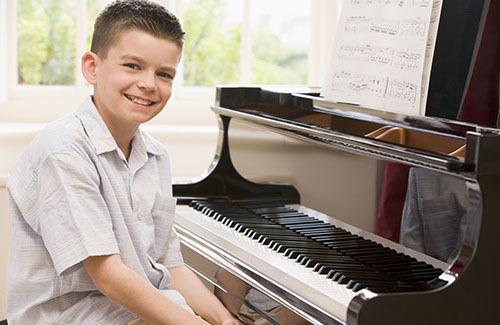
Lots of us envision a piano as a large, grand piano as you see in the orchestra with the pianist sitting on a stool and the instrument stretching out before them. But when you start taking piano lessons Stourbridge, you quickly realise there are lots of different types of piano. So if you are looking to take piano tuition, keyboard & theory lessons or keyboard lessons, then learning about the different types of piano is important.
Upright pianos number one of the most common types on the market and many piano teachers will have one in their West Midlands home or studio. Because they are upright, they fit into many more homes than a grand piano and will stand next to a wall.
The big difference between an upright and a grand piano is that the strings and action are vertical in an upright piano. This creates a different feel so if you have had piano tuition on a grand piano, it may take a little to get used to an upright.
Grand pianos are the classic style of piano that most of us will think of when someone talks about learning to play the instrument. They are a piece of fine craftsmanship and also more expensive than other types of piano. They need a significant amount of room to place and to leave space to perform and are popular on stages.
In a grand piano, there are techniques that you cannot manage on an upright piano and this is why professionals often favour them. And of course, it looks amazing when you are sitting, playing at one – just ask Elton John!
While purists might not favour the digital piano, they do have a role to play and can create a similar sound to upright and grand pianos. Some people classify them as keyboards, but they have more of the sound and feel of a piano. They have a weight when striking the key that is definitely similar to a piano, but they are more affordable and easier if you don’t have a lot of space.
While the upright and grand are two of the primary types of piano with the digital as a new third option, there are also styles of piano to learn about. I’d be happy to discuss your requirements and give you advice about the best piano for your situation.
